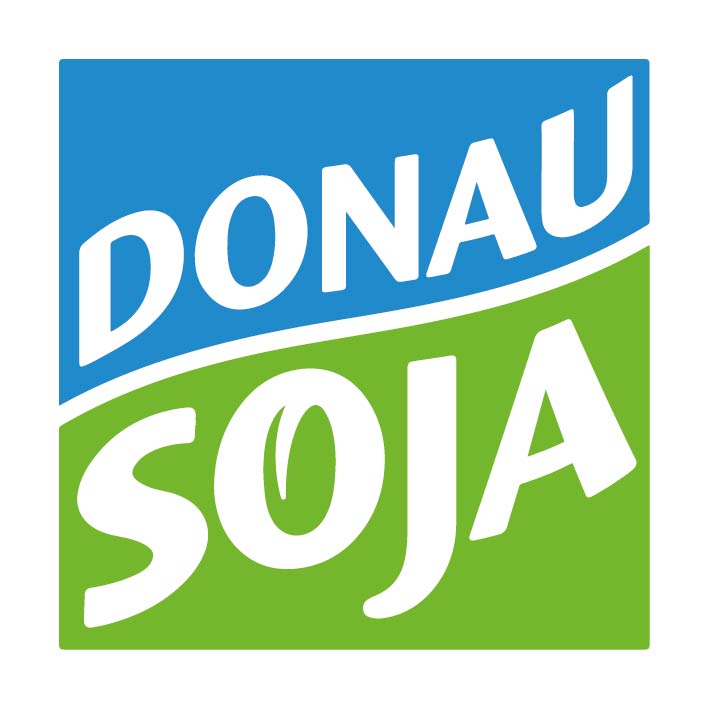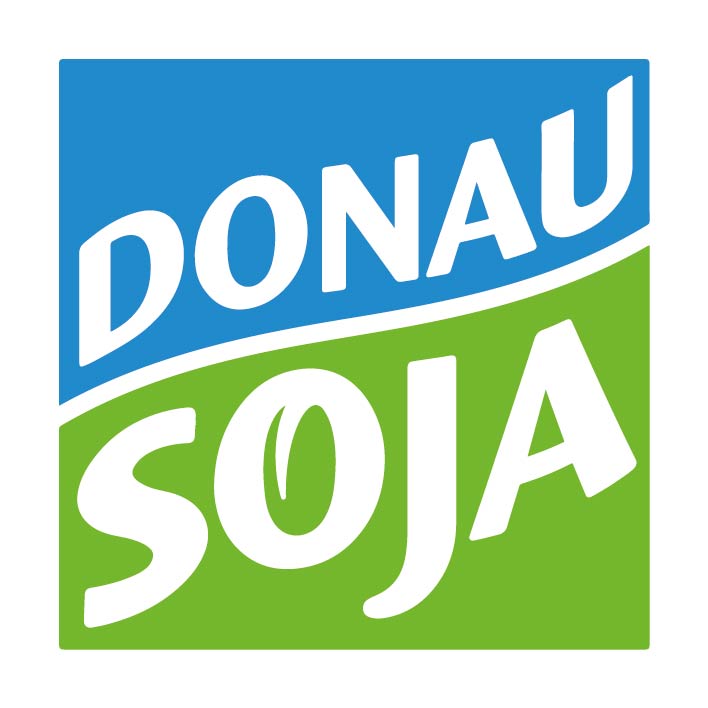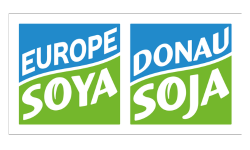European protein transition changes production and use of proteins
Vienna – Donau Soja connects Europe bean by bean and has done so since 2012. “We wanted to establish an association of progressive companies, with the involvement of civil society, with the goal of a European protein transition”, recalls Donau Soja President Matthias Krön of the early days. Ten years ago, the native of Salzburg/Austria founded the organisation Donau Soja together with committed like-minded people. The big task: the European Protein Transition and, as a first step, the change of the soya value chain. With a big festive conference on September 29 and 30, 2022, Donau Soja celebrated its first ten years and the dawn of a new European multi-crop label in Vienna’s Hotel InterContinental.
The Protein Transition means broad shifts in protein production and use: sustainable and responsible imports, increased production of grain legumes in Europe, improved use of existing and new protein sources, higher efficiency in protein use, and healthier and more sustainable diets. At the same time, soybeans are increasingly becoming a European crop. The 2022 soybean harvest in Europe is expected to be close to 10 million tonnes – on historically high acreage of 4.6 million hectares. 10 years ago, around the founding of Donau Soja, the figures were about half of that – 4.5 million tons on 2.6 million hectares across Europe.
After 10 years of Donau Soja, there is much to celebrate:
– More than 1 million tons of Donau Soja/Europe Soya certified soybeans;
– 10% of European soya production certified to the Donau Soja standards;
– More than 300 members in almost 30 countries;
– Over 10,000 soya farmers grow Donau Soja /Europe Soya certified soy;
The benefits of a strong European protein supply are clear: For the production of animal food in Europe, large quantities of soya feed are imported, the cultivation of which is linked to the destruction of forests and other valuable ecosystems. The result is high CO2 emissions. According to a study by the Sustainable Europe Research Institute (SERI), up to 50% of this pollution can be avoided by using European soya. Austria’s egg producers are showing the way: Since switching to Donau Soja in animal feed in 2013, they have already avoided 1 million tonnes of CO2.
Growing legumes also eliminates the need for expensive nitrogen fertiliser, expands crop rotation, and reduces problems with pests and plant diseases. Europe currently has only 5% pulses in crop rotation. Beans, peas or lentils are rarely to find in the fields. In addition to the benefits to agriculture, soya is also a gift to human nutrition. The bean is superior to most other crops in terms of the quantity and balance of essential amino acids.
Donau Soja is an international non-profit association with headquarters in Vienna (Austria) and regional offices in Novi Sad (Serbia), Kyiv (Ukraine) and Chişinău (Moldova), as well as a representative office in Bucharest (Romania). “GMO-free, traceability, regional cultivation and sustainable production (no land use change!) are the core criteria of the quality labels Donau Soja and Europe Soya” says Matthias Krön.
“We have completed the first 10 kilometers of our marathon and we will redouble our efforts”, so Matthias Krön. “We need to use existing agricultural land to build new supply chains that ensure food security and strengthen Europe’s resilience.” Krön therefore announces a new multi-crop standard as an extension of the Donau Soja/Europe Soya standards to other agricultural products. At the same time, market players will be able to merge existing quality labels and certifications under the umbrella of “Fields of Europe” with little effort, into a common European label. The benefit for consumers: a comprehensible label for agricultural products of European origin.
The Austrian Minister of Agriculture, Norbert Totschnig, the Austrian Climate Protection Minister Leonore Gewessler and a large number of international experts, from trend researcher Hanni Rützler to Slovakian tofu pioneer Jakub Lunter (Alfa Bio), from the expert of the European Plant-Based Foods Association ENSA to representatives of the European food trade and soya processors together with interest groups such as UFOP, FERN, ARGE Gentechnik-frei and VLOG celebrated together with Donau Soja.
Website of the festive event: www.10yearsdonausoja.com
Inquiries & contact:
Franko Petri
Head of Communications Donau Soja
+43-664-88961298
petri@donausoja.org


